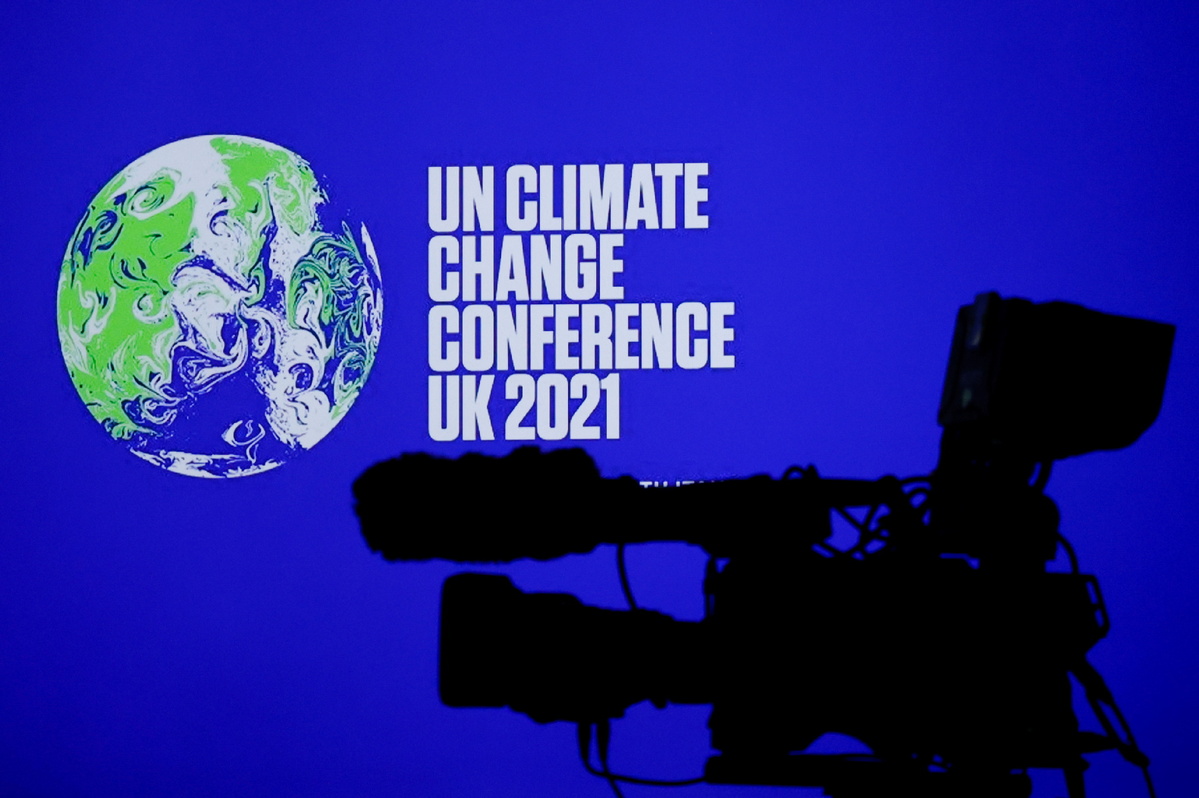World predicted to warm by 2.5 C says new study


The world is on track to fall well short of Paris Agreement targets and warm by 2.4 C, according to an analysis released on Tuesday during the 26th United Nations Climate Change Conference of the Parties, or COP26, in Glasgow, Scotland.
The study from the Climate Action Tracker, or CAT, found that even if all near-term commitments and pledges made so far at COP26 are met, the combined action would fail to keep warming to between 2 C and 1.5 C this century, which was the goal laid out in Paris in 2015.
In a joint statement, Climate Analytics and the New Climate Institute, which worked together to coordinate the CAT analysis, said COP26 had a "massive credibility, action, and commitment gap".
The CAT report paints a bleaker picture than separate estimates, released last week by the
International Energy Agency, which said COP26 commitments may be enough to keep warming to within 1.8 C.
The CAT analysis was limited to short-term goals through 2030, whereas the IEA analysis also considered longer-term goals, including net-zero targets scheduled during the next five decades.
With all near-term target pledges taken into account, including those made in Glasgow, global greenhouse gas emissions in 2030 would still be around twice as high as necessary for a 1.5 C target, the CAT analysts concluded.
"The vast majority of 2030 actions and targets are inconsistent with net-zero goals: there's a nearly 1 degree gap between government current policies and their net-zero goals," said Bill Hare, chief executive of Climate Analytics. "It's all very well for leaders to claim they have a net-zero target, but if they have no plans as to how to get there, and their 2030 targets are as low as so many of them are, then frankly, these net-zero targets are just lip service to real climate action. Glasgow has a serious credibility gap."
Zhu Xian, a former vice-president of the World Bank, echoed the need for detailed action plans, as well as neutrality goals.
"China recently announced action plans industry by industry. That, probably, is more important than trying to place on China a more ambitious agenda," said Zhu, who is secretary-general of the International Finance Forum.
Following on from a September 2020 commitment to peak CO2 emissions by 2030 and reach net-zero by 2060, China released five documents just before the COP26 conference that detailed how it would achieve its goals.
A number of new deals and commitments were made at COP26 on Tuesday, which was themed Gender Day and which was dedicated to progressing gender equality and the participation of women and girls in climate action.
Canada said it would ensure that 80 percent of its $5.3 billion climate investments in the next five years will target gender equality outcomes. The UK set out how $223 million in funding will address the dual challenges of gender inequality and climate change.
"We know that women and girls are disproportionately impacted by climate change," said COP26 President Alok Sharma. "And we cannot allow equality to be a casualty of climate. But women and girls are also leading efforts to tackle climate change in communities around the world … and we must support those efforts. We must enable the full and meaningful participation of women and girls in climate action."
The United States announced the formation of a $14 million-Gender Equity and Equality Action Fund to advance women and girls' leadership in climate action and a $3 million investment to support women farmers in East Africa in adapting to climate impacts.
Bolivia, Ecuador, Germany, Nigeria, and Sweden all committed to addressing gender issues in their respective national climate strategies.

































